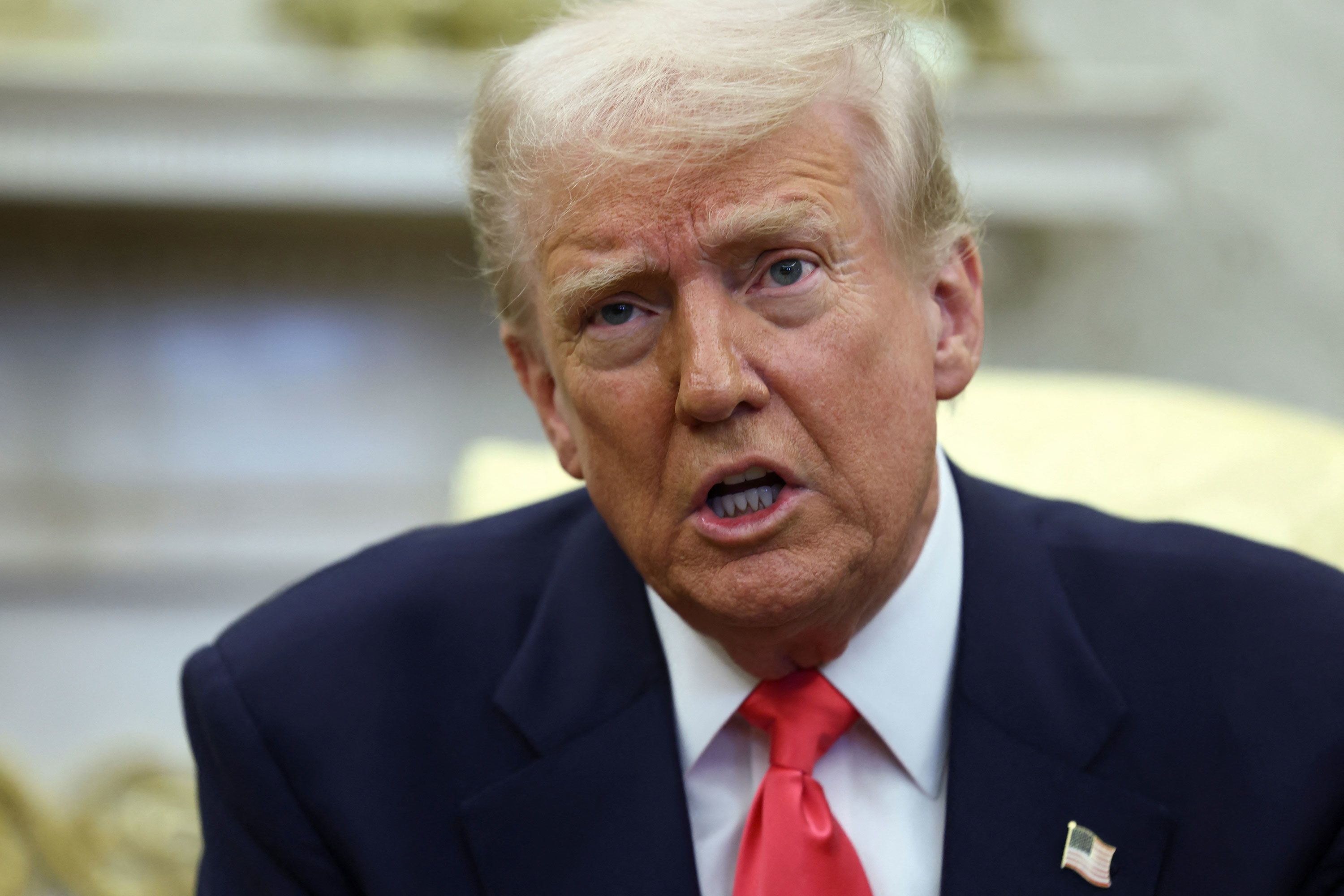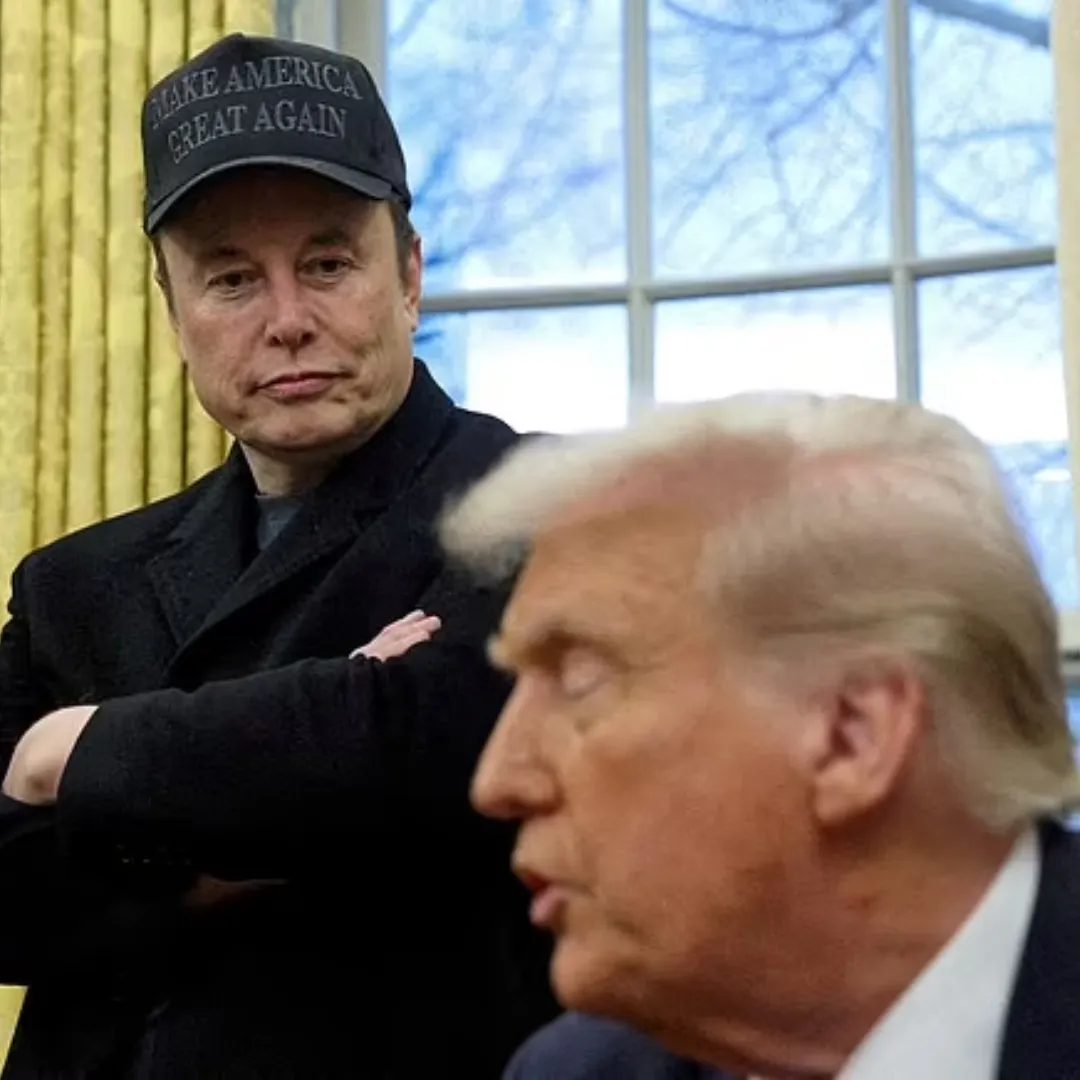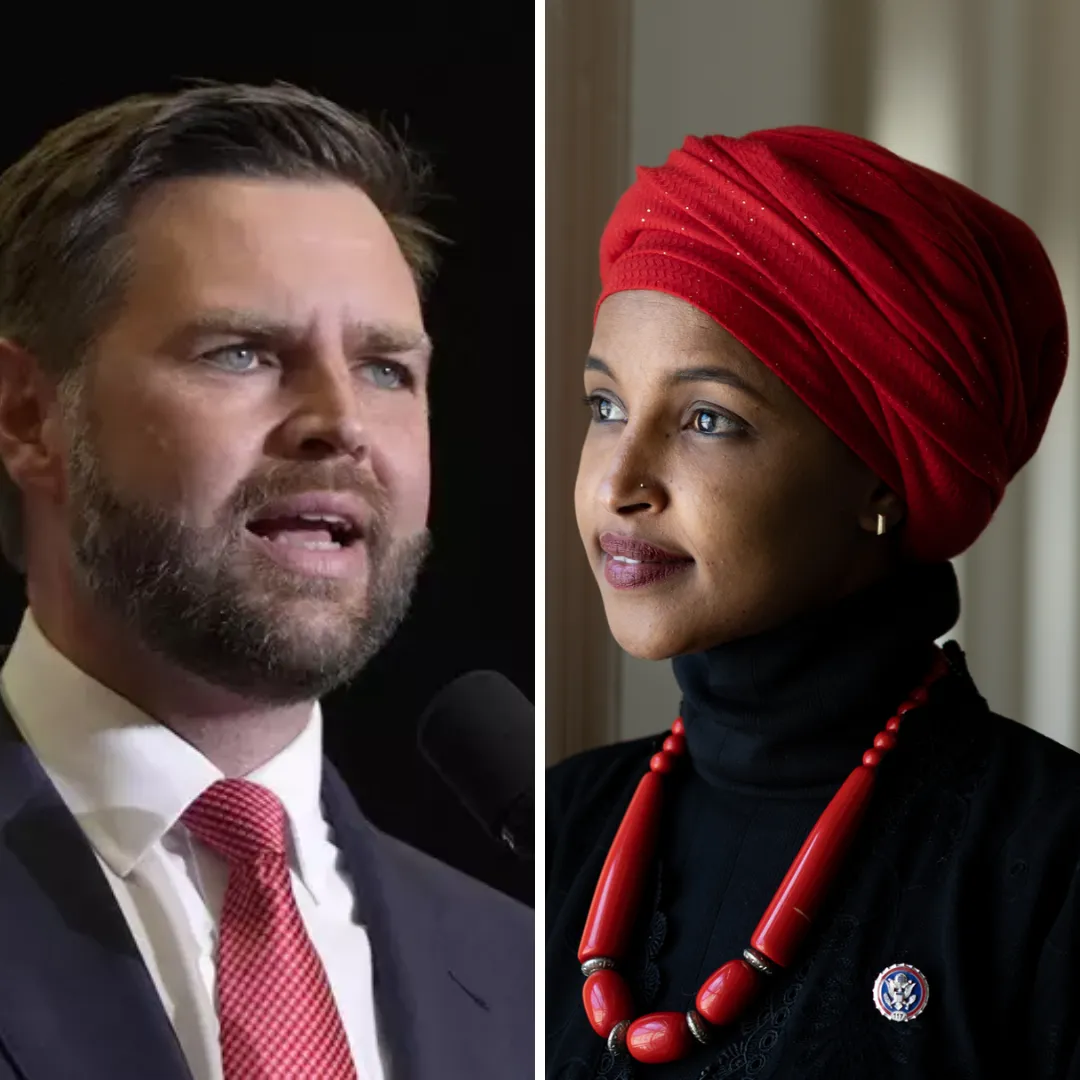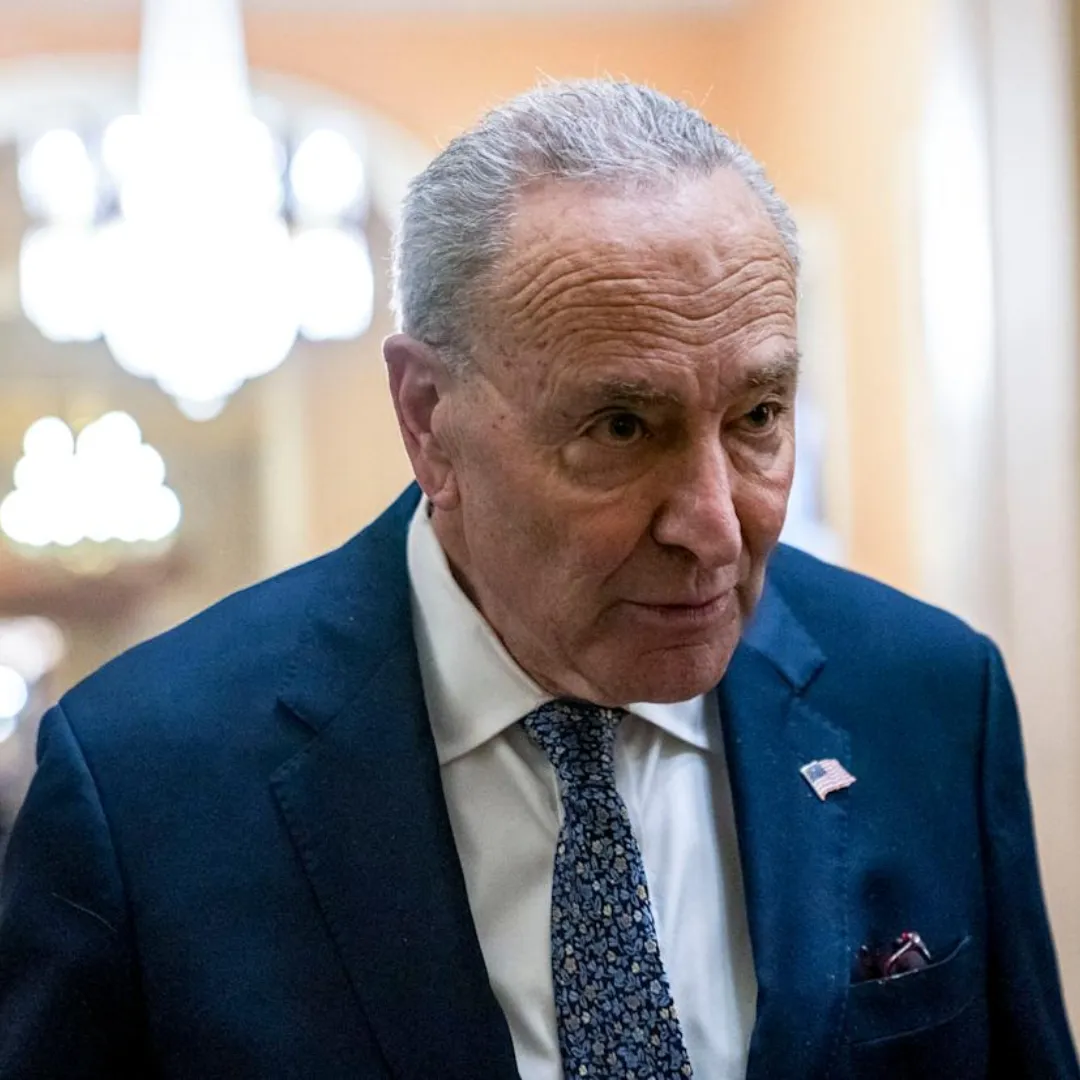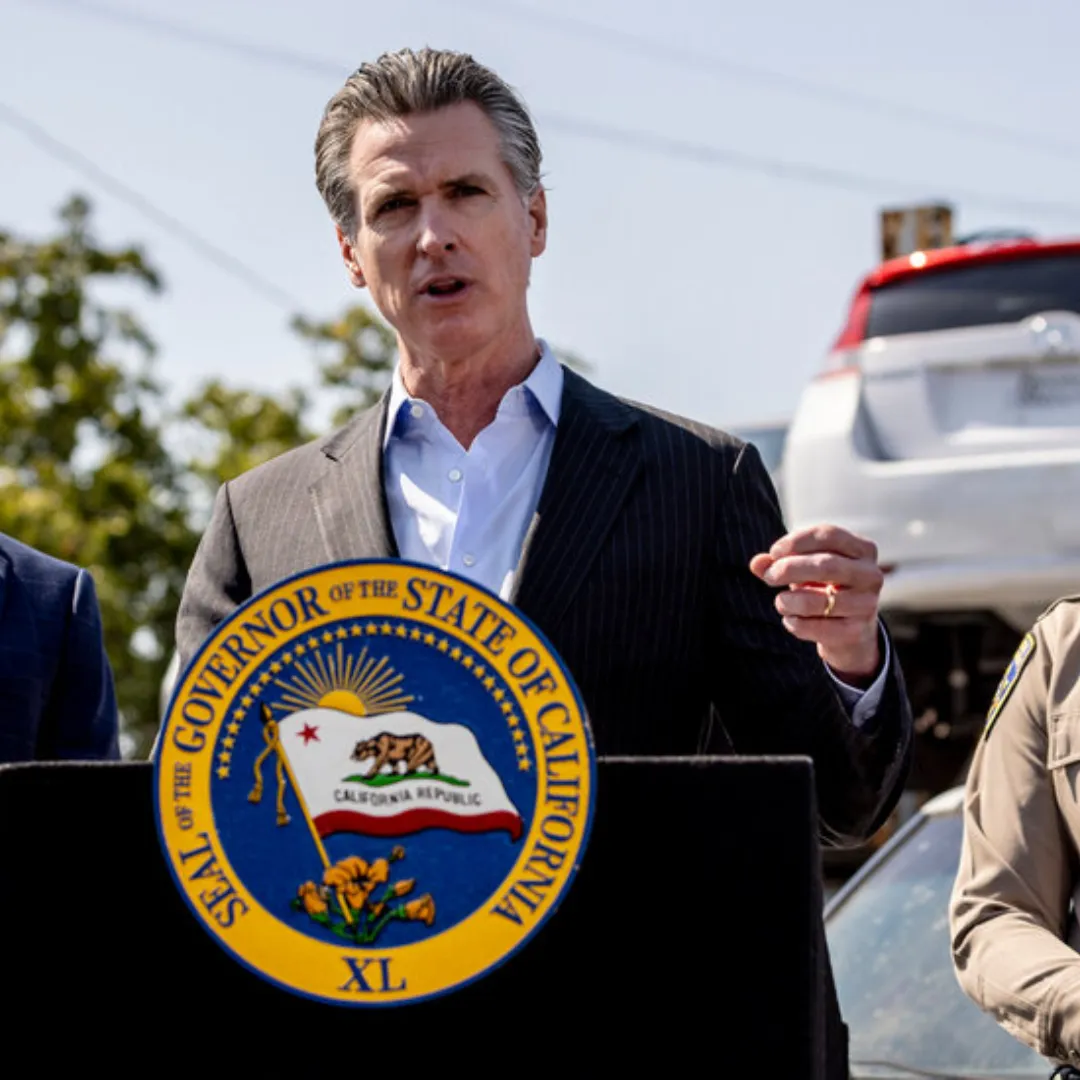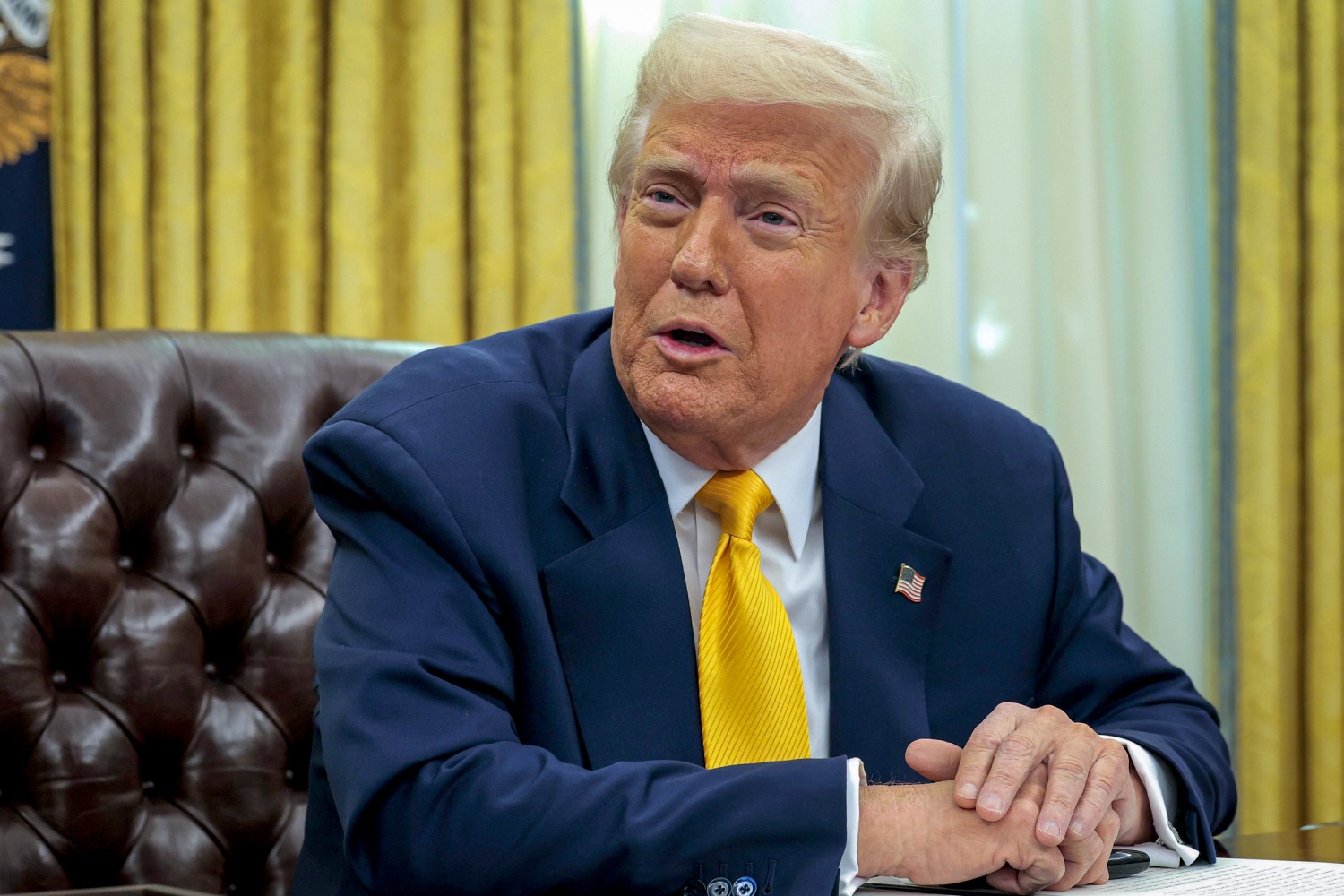
President Donald Trump made headlines with controversial remarks about his proposed budget bill, asserting that it should primarily benefit Republican-led states rather than those governed by Democrats.
During a Tuesday visit to Capitol Hill, Trump laid out his vision for what he called his “one big beautiful bill,” emphasizing a political calculation that seeks to prioritize GOP states over Democratic ones.
His comments have stirred strong reactions from both sides of the political spectrum, adding fuel to the already intense partisan debates shaping Washington.
Trump began by explaining that his plan for the budget bill includes “a couple of tweaks” to ensure that the federal funds are directed in ways that align with his political agenda.
He explicitly stated, “We don’t want to benefit Democrat governors, although I would do that if it made it better, but they don’t know what they’re doing.”
This blunt assessment of Democratic leadership signaled a clear partisan approach to federal spending that critics argue undermines principles of fairness and unity.
He singled out several key states, naming New York and Illinois as examples of large Democratic-led states that, in his view, do not deserve the same support as Republican states.
Additionally, Trump attacked California’s governor, referring to Gavin Newsom with a derogatory nickname and criticizing his governance as “horrible.”

This pointed criticism of prominent Democratic figures reflects Trump’s ongoing campaign to portray Democratic leadership as ineffective and harmful to the country.
In defending his stance, Trump emphasized his desire to “help all the states” but reiterated that the focus should be on benefiting Republican governors because, in his words, “They are the ones that are going to make America great again.”
He contrasted this with his claim that “The Democrats are destroying our country,” further deepening the partisan divide and framing the budget debate as a battle for the nation’s future.
Trump’s remarks come amid ongoing negotiations in Congress over the federal budget and spending priorities. The former president’s insistence on allocating resources based on party affiliation raises significant questions about the role of federal government in supporting all states equally, regardless of political leadership.
Critics argue that such an approach risks politicizing essential funding streams for infrastructure, education, health care, and disaster relief, potentially harming residents who rely on federal assistance.
Supporters of Trump’s position see it as a strategic move to bolster Republican-controlled states and reward governors who align with the GOP’s agenda.
They argue that directing funds to states with responsible governance will lead to more effective use of taxpayer dollars and advance policies that promote economic growth and national security.
For them, prioritizing Republican states is a necessary step to reverse what they perceive as years of mismanagement under Democratic leadership.

However, many Democrats and some Republicans have condemned Trump’s comments as divisive and counterproductive. They warn that such overt favoritism threatens the principle of equal treatment under federal law and exacerbates political polarization.
They also caution that withholding funds from Democratic states could jeopardize critical programs that serve millions of Americans, including vulnerable populations.
The conversation over partisan budget allocations is not new, but Trump’s explicit endorsement of such a policy represents a significant escalation.
Historically, federal funding decisions have been influenced by a variety of factors, including population size, need, and political bargaining, but open calls to exclude states based on party affiliation are rare and controversial.
Trump’s reference to his budget bill as “one big beautiful bill” recalls his previous legislative efforts, often branded with catchy slogans designed to rally supporters.
His framing suggests that the bill is intended to serve as a centerpiece of Republican policy goals and a rallying point for the party as it seeks to regain power in upcoming elections.
The former president’s comments also reflect his enduring style of direct, unfiltered communication, often bypassing traditional political decorum. This approach has energized his base but alienated many others, contributing to a highly charged political environment.
Observers note that Trump’s statements may be aimed not only at influencing budget negotiations but also at energizing Republican voters by reinforcing narratives of partisan conflict and opposition to Democratic policies.

By casting Democratic governors as incompetent or destructive, Trump seeks to mobilize support for GOP candidates who promise to “make America great again.”
The response from Democratic leaders has been swift and critical. Many have accused Trump of engaging in political gamesmanship at the expense of ordinary Americans who depend on federal assistance.
They argue that governance should transcend party lines, especially when addressing essential needs such as disaster response, public health, and education funding.
Some Republicans have expressed discomfort with the idea of limiting support to certain states, fearing it could backfire politically or undermine the federal government’s legitimacy.
They stress the importance of maintaining unity and cooperation across party lines to address the nation’s challenges effectively.
The debate over how to allocate federal funds highlights broader tensions in American politics, where partisan divisions increasingly shape policy decisions.
It raises fundamental questions about the role of government in ensuring equitable support for all citizens, regardless of where they live or who governs their state.
As Capitol Hill lawmakers continue to negotiate the budget, Trump’s remarks will likely influence discussions and strategy within the Republican Party.
His call to favor GOP states may complicate efforts to build bipartisan consensus and could provoke retaliatory measures from Democrats seeking to protect their states’ interests.
Public reaction to Trump’s statements has been mixed. His supporters praise his boldness and commitment to advancing Republican priorities, viewing the budget plan as a necessary corrective to years of Democratic control.
Critics condemn the proposal as divisive and shortsighted, warning that politicizing federal funding risks harming the country’s cohesion and prosperity.
Media coverage of the comments has further amplified the partisan debate, with news outlets and commentators analyzing the implications for both the budget process and the upcoming election cycles.
The rhetoric underscores the deepening political polarization that characterizes much of contemporary American governance.
Experts in public policy caution that while political considerations inevitably play a role in budget decisions, overt discrimination against states based on political affiliation undermines democratic principles and may have long-term negative consequences.
They emphasize the need for transparent, fair, and needs-based criteria to guide the distribution of federal resources.
The tension also highlights challenges facing the federal system, where states possess significant autonomy but remain dependent on national funding to support vital programs. Balancing political priorities with the obligation to serve all Americans remains a delicate task for policymakers.

In conclusion, Donald Trump’s declaration that a GOP budget bill should help only Republican states and exclude Democratic governors has sparked a fierce political battle.
His comments reflect ongoing partisan divides and raise critical questions about the fairness and functionality of federal funding policies. As lawmakers grapple with these issues, the debate serves as a stark reminder of the challenges in achieving political compromise in today’s polarized environment.
The outcome will shape not only budget priorities but also the broader relationship between the federal government and the states in the years ahead.
